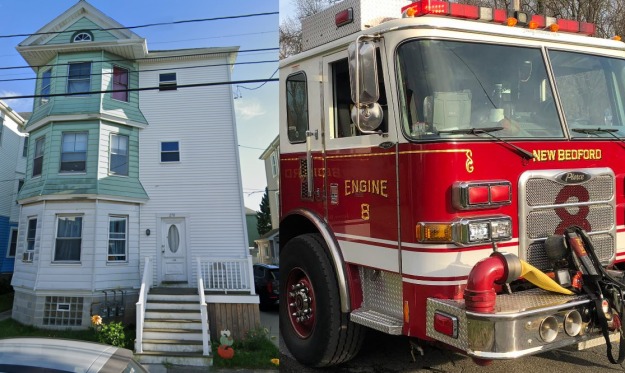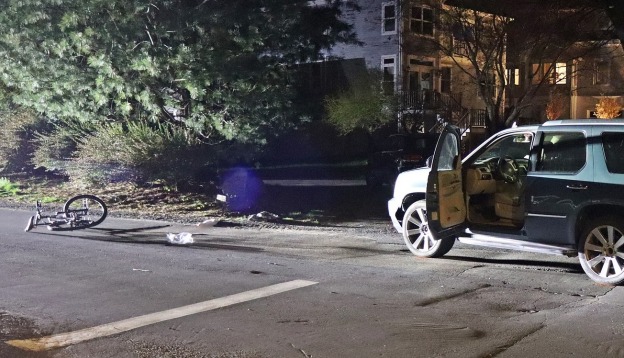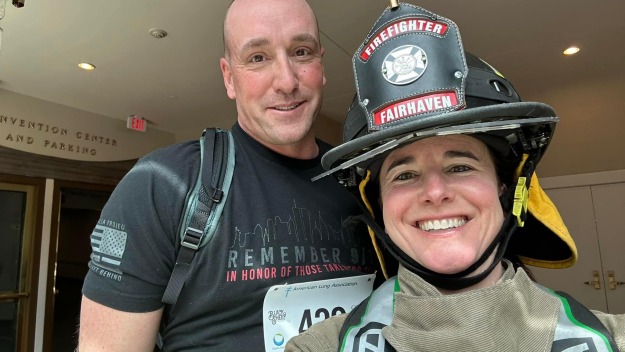Questions 1 and 2:
-How can one realistically compare cannabis and alcohol?
-How exactly are roads unsafe because of cannabis?
As far as the consumption of cannabis edibles goes, Chief Cordeiro is concerned that an inability to ‘detect THC like alcohol’ in a person’s blood would potentially mean roadways would become unsafe. The fear is that the perceived simplicity of consuming cannabis edibles such as ‘marijuana lolli-pops, candies, cookies, and traditional brownies’ would drive people to consume an unsafe amount of THC while they operate motor vehicles- therefore causing more motor vehicle accidents and emergency room visits.
This would also suggest that a considerably large amount of drivers that have THC in their blood would be direct causes for an increase in motor vehicle accidents. Chief Cordeiro also cited Colorado as having 4 times as many state wide emergency room visits that were ‘cannabis-driven’, and increasing rates of motor vehicle accidents as well. Valid support for Chief Cordeiro’s claims are lacking however, as studies show that despite finding more emergency room visits and additional motor vehicle accidents in states that have legalized recreational cannabis, there is no definitive factor linking them to cannabis specifically.
The fact is that many people who were admitted to Colorado emergency rooms with THC in their system also had traces of other drugs in their system; such as alcohol and opiates. And so, it is a stretch to suggest that these emergency visit increases are “cannabis-driven”.
Earlier this year, researchers from the University of Texas at Austin published a study in the American Journal of Public Health that concluded there is “no evidence to suggest that marijuana has made roads unsafe” (https://www.civilized.life/articles/car-accidents-legal-marijuana/). The report claims that there is“no significant association between recreational marijuana legalization in Washington and Colorado and subsequent changes in motor vehicle fatality rates in the first three years after recreational marijuana legalization.” Additionally, the Highway Loss Data Institute recently conducted a study that explored the effect of recreational cannabis legalization on road safety in Colorado, Washington, and Oregon.
While the study concluded there were 4%-16% increases in insurance claims relating to collisions, it has not been scientifically proven that these upticks are associated with people getting high on cannabis (https://www.cnbc.com/2017/06/21/auto-crashes-are-on-the-rise-in-marijuana-states.html?view=story&%24DEVICE%24=native-android-mobile). Essentially, the two events are coincidental, not causal. And so, it is unfair to suggest that cannabis alone causes more people to get into accidents on the road.
Those that generally share Chief Cordeiro’s current views on cannabis might suggest that the reason there is no linking factor between these increases in crash risk and recreational cannabis legalization is because there is no reliable field sobriety test for people with THC in their systems. One could also argue that many people who get into accidents are not only on cannabis, but alcohol and or other drugs that inhibit one’s ability to drive safely.
While I concede that we should establish field tests for cannabis users, I also note that to suggest that we should be working towards methods of detecting THC like we do alcohol (or other drugs for that matter) in the bloodstream at roadside is simply ludicrous. This is the equivalent to suggesting the effects of THC on driving ability are even in the same stratosphere as the effects of alcohol on driving ability. Alcohol causes people to drive with much more risk and ignorance-and that is why science shows a correlation with blood alcohol levels and motor vehicle incidents.
The same can not be definitively said about cannabis (https://www.livescience.com/51450-driving-on-marijuana-alcohol-dangerous.html). It is clear that the effects of alcohol on driving ability should be much more concerning than those of cannabis-especially since anybody over the age of 21 can purchase alcohol at practically any corner in New Bedford.
Additionally, to suggest that the legalization of consuming recreational cannabis edibles would lead to more careless use by Massachusetts’s drivers is ignorant. Do we prohibit people from unwrapping a McDonald’s cheeseburger while they drive 65mph(+?) north on route 24 back to work? No. It is up to people to be educated enough to be aware of not only what they are putting in their body, but how much and what its effect will be on their anatomy and what they are engaging in. It is up to people to be educated on how their specific decisions impact the safety of those around them.
Cannabis is certainly more deserving of the legislation that alcohol has received for more than half a century, because the pure effects of THC alone on the average consumer’s ability to drive has been scientifically proven to have no significant effect on crash and accident risk for the average consumer. Alternatively, the effects of alcohol on driving are undoubtedly detrimental to all-yet society makes it so there is at least some tolerance for those that can’t help but being buzzed while they drive. I feel this ‘double standard’ is something we need to consider a great deal.
 New Bedford Guide Your Guide to New Bedford and South Coast, MA
New Bedford Guide Your Guide to New Bedford and South Coast, MA








